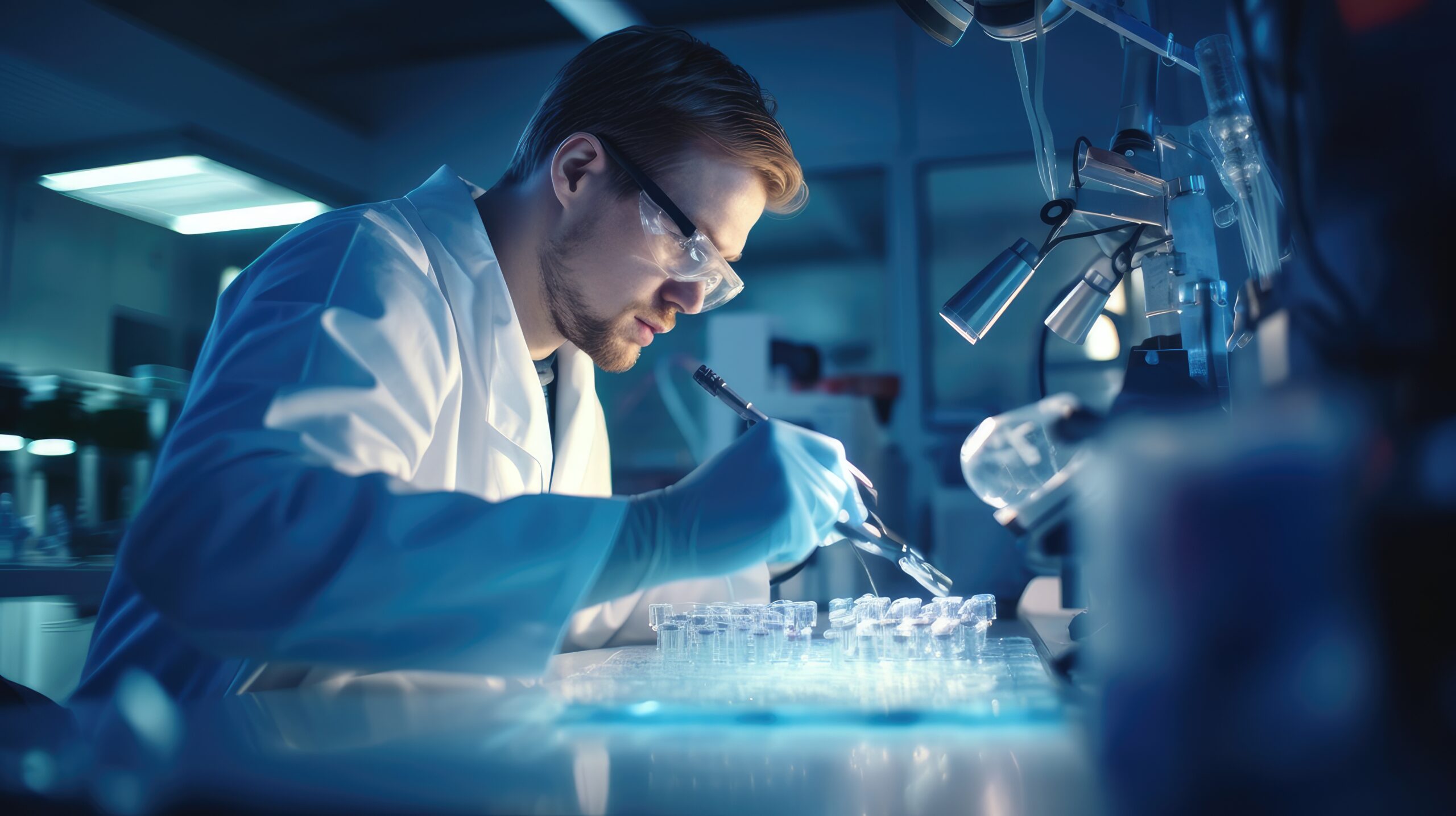
Leukapheresis in Stem Cell Research: A Gateway to Innovative Therapies
Are you interested in learning more about our clinical trials? Schedule your free 20-minute discovery call with our New Patient Coordinator or fill out this form to see how you can become a patient at MaxWell Clinic and start your healing journey today.
In recent years, leukapheresis has emerged as a vital component in the collection of stem cells for research and regenerative medicine. Stem cells are known for their remarkable ability to differentiate into various cell types, and hold immense promise in treating a range of diseases and injuries. MaxWell Clinic recognizes the significance of leukapheresis in stem cell research and is actively involved in clinical trials to unlock the potential of these therapies.
What is Leukapheresis?
Leukapheresis, also known as leukocyte apheresis, is a therapeutic procedure aimed at selectively removing specific components of the blood, primarily white blood cells (leukocytes). It involves the separation and collection of these cells from a patient’s blood using a sophisticated medical device called an apheresis machine.
The Process of Leukapheresis
During leukapheresis, a patient’s blood is drawn through a needle from a vein into the apheresis machine. Within the machine, the blood is spun at high speeds, separating the different blood components based on their density. The leukocytes are specifically targeted and collected, while the remaining blood components are returned to the patient’s body.
Stem Cell Therapies and Leukapheresis
Stem cell therapies involve using stem cells to replace or repair damaged tissues and cells within the body. One of the primary challenges in these therapies is sourcing an adequate number of viable and potent stem cells for scientific experimentation. This is where leukapheresis steps in as a game-changer.
In this stem cell research project, leukapheresis serves as the method to collect very specific stem cells from the participant’s blood. By isolating these special stem cells through this procedure, researchers can obtain a controlled and enriched population of cells that hold the potential to develop therapies that rejuvenate damaged tissues and promote healing.
MaxWell Clinic’s Involvement in Clinical Trials
MaxWell Clinic stands at the forefront of innovative medical research, and our commitment to advancing medical science extends to the realm of stem cell research. We collaborate with leading researchers and institutions to explore the therapeutic possibilities that stem cell therapies may offer. Leukapheresis plays a pivotal role in these trials, enabling us to collect the precise stem cell populations needed for research into targeted treatments.
Potential Applications of Stem Cell Therapies
The integration of leukapheresis in stem cell trials widens the horizon of potential applications:
- Neurological Disorders: Stem cell therapies derived from leukapheresis-collected cells hold promise in treating neurodegenerative disorders like Parkinson’s and Alzheimer’s disease.
- Orthopedic Injuries: Stem cells obtained through leukapheresis can aid in regenerating bone, cartilage, and muscle tissues, offering new avenues for treating injuries and degenerative conditions.
- Cardiovascular Diseases: Stem cells sourced from leukapheresis can contribute to repairing damaged heart tissues post-heart attack or in cases of congestive heart failure.
- Autoimmune Conditions: Stem cell therapies could potentially modulate the immune system and provide relief in autoimmune disorders through controlled stem cell infusion.
Leukapheresis’s role in gathering stem cells for research is pivotal, bridging the gap between scientific exploration and practical applications in regenerative medicine. MaxWell Clinic’s dedication to advancing medical knowledge, combined with the transformative potential of stem cell therapies, brings us one step closer to innovative solutions for a wide range of medical conditions.
As the field of stem cell research continues to evolve, MaxWell Clinic remains committed to being a beacon of progress and discovery. Through our collaborative efforts and cutting-edge techniques, we aspire to reshape the future of healthcare and offer patients renewed hope and improved well-being. If you’re interested in learning more about our latest clinical trial and how leukapheresis plays a role, don’t hesitate to contact MaxWell Clinic today.
This blog provides general information and discussions about health and related subjects. The information and other content provided in this blog, website or in any linked materials are not intended and should not be considered, or used as a substitute for, medical advice, diagnosis or treatment. This blog does not constitute the practice of any medical, nursing or other professional health care advice, diagnosis or treatment. We cannot diagnose conditions, provide second opinions or make specific treatment recommendations through this blog or website.
If you or any other person has a medical concern, you should consult with your health care provider or seek other professional medical treatment immediately. Never disregard professional medical advice or delay in seeking it because of something that you have read on this blog, website or in any linked materials. If you are experiencing a medical emergency, please call 911 or call for emergency medical help on the nearest telephone immediately.
